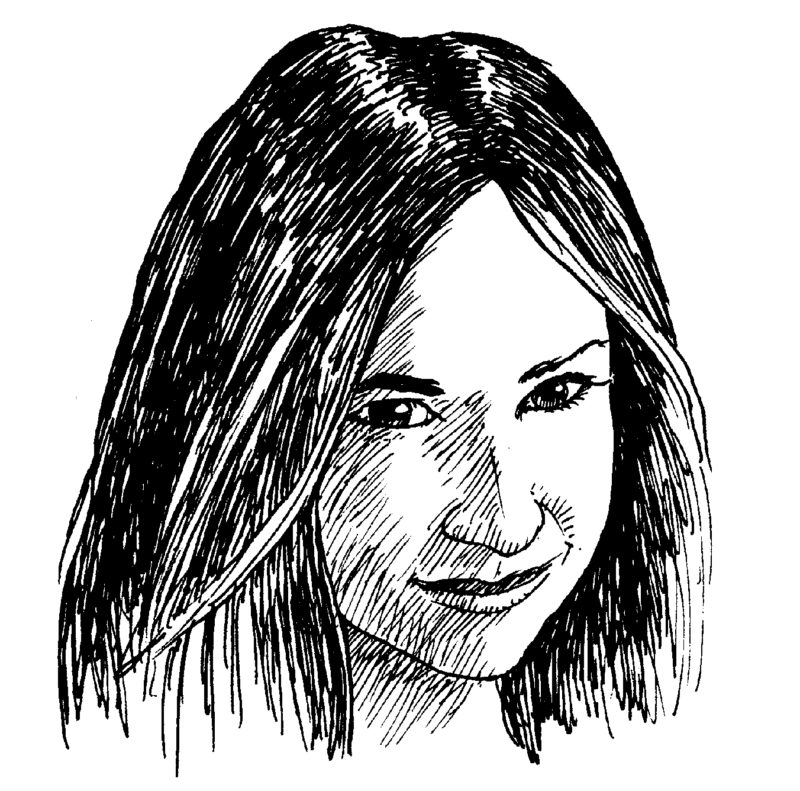Poetry is a bad drug of choice. The endless toil of many poetry books, many, many poetry readings—the ratio of interest to noninterest—is usually not in your favor. But the electric jolt of good poetry is incomparable. That dense moment of unpacking the human cosmos, in little lines of words, is the premier secular access to the divine.
And for this, Anne Boyer is your best bet. She’s a purveyor of jolts, and her insights linger long past their revelation. The world is so much more complicated and simple than we ever imagined. Her poems take on the structure of an essay or a lecture, but her ideas always vibrate outside the lines.
She is a staunch communist, but never the elitist communist intellectual. Boyer has become a trusted voice in communist writing by eschewing pretentious frills and whittling communist ideas down to their central, glowing ember of truth: recognizing our shared abundance and innate desire to help one another.
She is a light. She is a witch. She is an ocean.
And I’m not the only one who knows this. Garments against Women earned the 2016 Community of Literary Magazines and Presses Firecracker Award, and after publishing A Handbook of Disappointed Fate, she won the 2018 Cy Twombly Award for Poetry from the Foundation for Contemporary Arts and the Whiting Award in Nonfiction and Poetry. Her book on cancer and its ontology, The Undying, was published in mid-September 2019, and she is currently working on her first book of fiction.
Our conversations were bookended by Anne’s yearlong move to the UK for the Judith E. Wilson Poetry Fellowship at the University of Cambridge, where she planned to teach a workshop and write. An hour before speaking with me, Boyer had gotten her visa approved and couriered to her. This was the first time she would move from the Midwest (she grew up in Salina, Kansas), and the first time she’d live away from her Kansas City Art Institute students and her daughter, who left home to attend college last fall. Part of the interview took place in June 2019, days after her return to the US.
—Callie Hitchcock
I. “THE ‘YES’ WRAPPED IN THE ‘NO’”
THE BELIEVER: “No,” the first poem in A Handbook of Disappointed Fate, reminds me of Bartleby, the Scrivener, who goes to work one day and says, “I prefer not to,” which becomes his new philosophy of life. Were you influenced by this?
ANNE BOYER: I teach a class called Literature of the Absurd, and we begin with Bartleby and ideas about alienation. We also read Camus. So we...
You have reached your article limit
Sign up for a digital subscription and continue reading all new issues, plus our entire archives, for just $1.50/month.
Already a subscriber? Sign in





